Sleep expert reveals how to get a good night of uninterrupted rest
Dr Biquan Luo, a San Francisco sleep expert, has shared some smart tips on how to handle slumber disruptions.
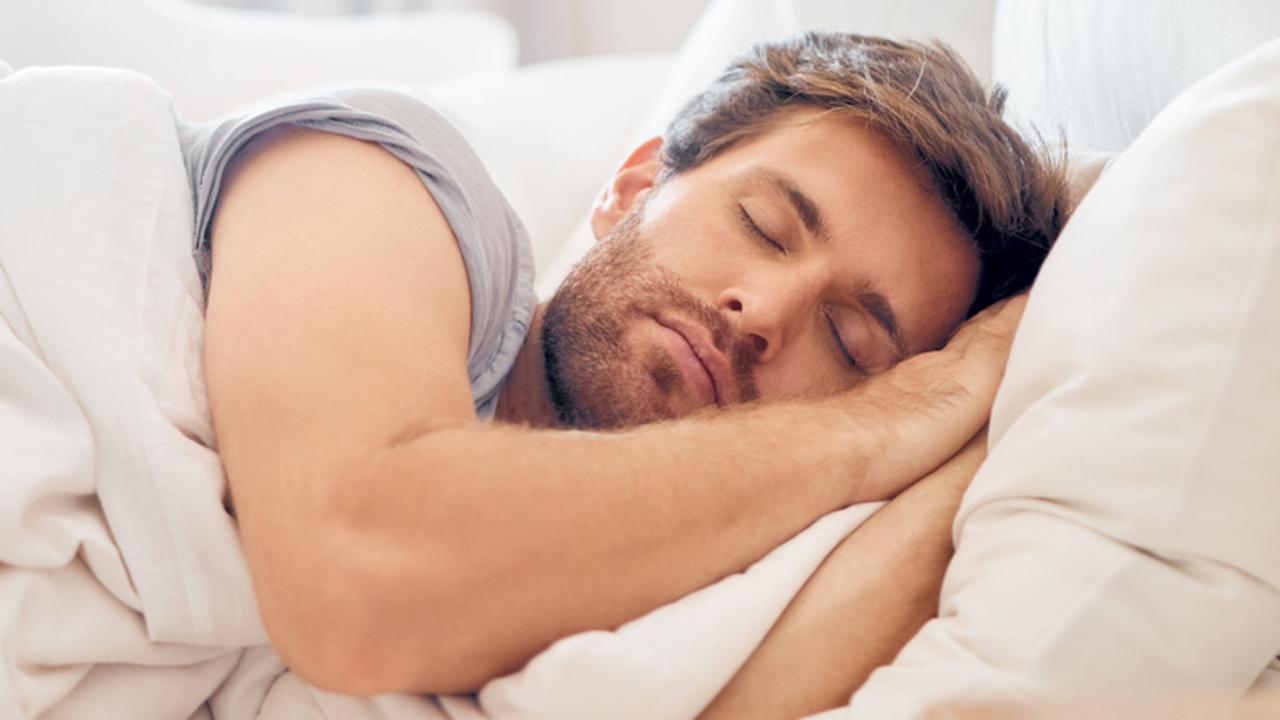
Anyone who has ever woken up in the middle of the night and struggled to go back to sleep knows the toll insomnia can take the following day.
More than 17 per cent of adults had trouble staying asleep most days or every day of the past month, according to 2020 data from the Centers for Disease Control and Prevention (CDC).
In Australia, nearly half (48 per cent) of all Australian adults report at least two sleep-related problems, according to the Institute of Health and Welfare, with the most common issues associated with too much or too little sleep, which can lead to an increased risk of chronic health conditions and risk factors.
Moreover, a report conducted by the SleepHealth Foundation found that waking up a lot overnight was reported by 47 per cent of Australians 65 years and over, compared with 22 per cent of 18 to 24 year olds.
Dr Biquan Luo, a San Francisco sleep expert and CEO of LumosTech, which produces a smart sleep mask to promote healthy circadian rhythms, shared some of the reasons and remedies for waking up at night with Fox News.
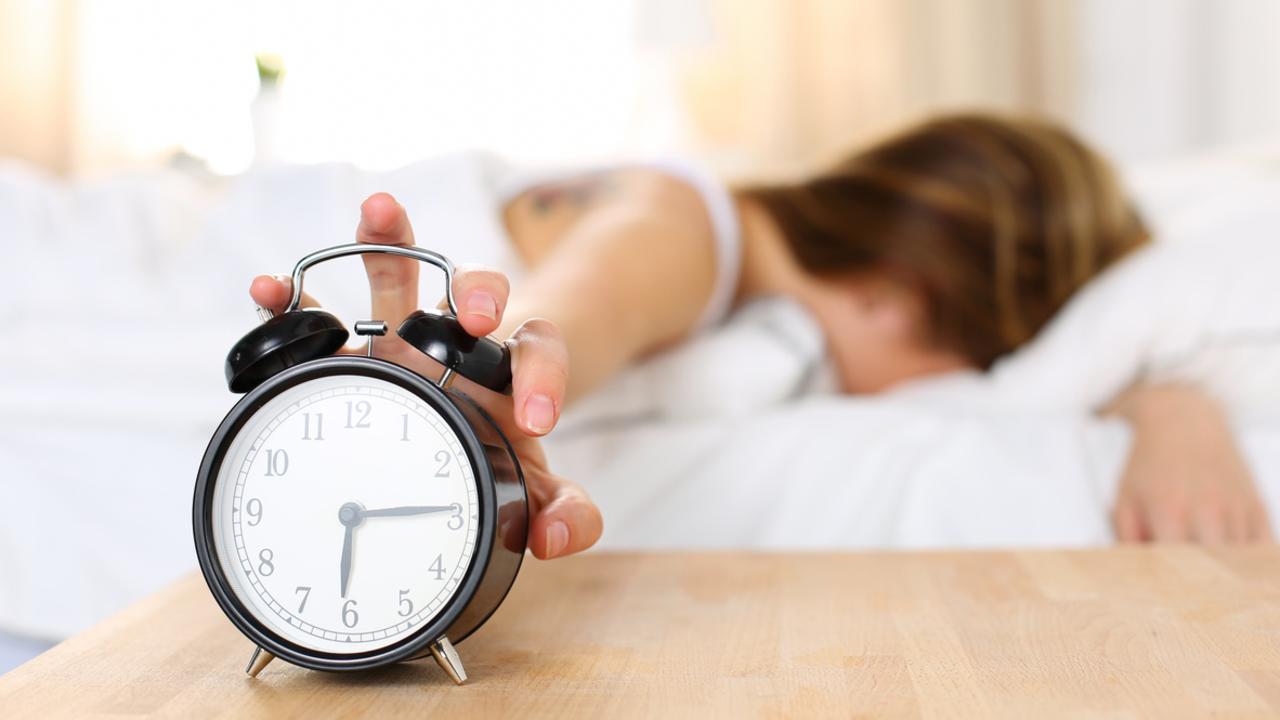
There are various reasons that people wake up at night, Luo said.
Some of the common sources of sleep disruption include stress and anxiety, discomfort or pain, and environmental disruptions such as noise, movement or too-hot or too-cold temperatures.
Sleep disorders, such as sleep apnoea or restless leg syndrome, can also cause people to wake up during the night.
“Disruption of the body’s natural sleep-wake cycle” can also lead to fragmented sleep, said Luo.
In Australian men, sleep apnoea is associated with an increased chance of chronic health conditions and risk factors.
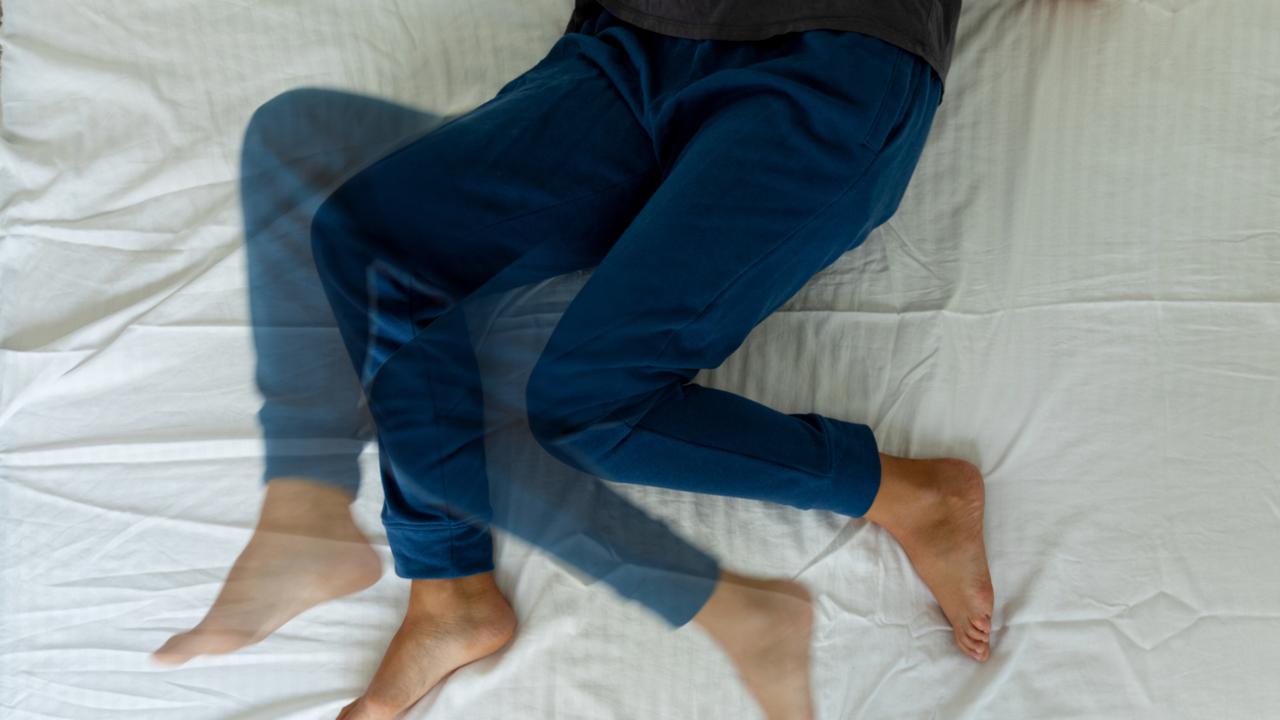
What to do when you wake up
When you wake up in the middle of the night, it’s best to stay in bed at first, try to relax and see if you can fall asleep again, said Luo.
She suggested trying such techniques as progressive relaxation, breathing exercises, white noise machines and other methods that may help you relax.
“If you can’t fall back asleep after 10 or 15 minutes, it’s time to get out of bed,” said Luo.
“Try going to a quiet and comfortable place at home, like the couch, and engage in a quiet, low-stimulation activity, such as reading a book or doing a calming activity, until you feel sleepy again — then return to bed.”
Mistakes to avoid
Resist the urge to reach for your phone or look at the clock if your sleep is interrupted, said Luo.
Checking the time upon waking up in the middle of the night is one of the most commonly made mistakes that will make it more difficult to drift back off, said Luo.
“Checking the time can increase stress and make it harder to sleep,” she noted.
“Additionally, if you check the time on your phone, the contents of the phone may be too stimulating, which further prevents you from relaxing and falling asleep.”
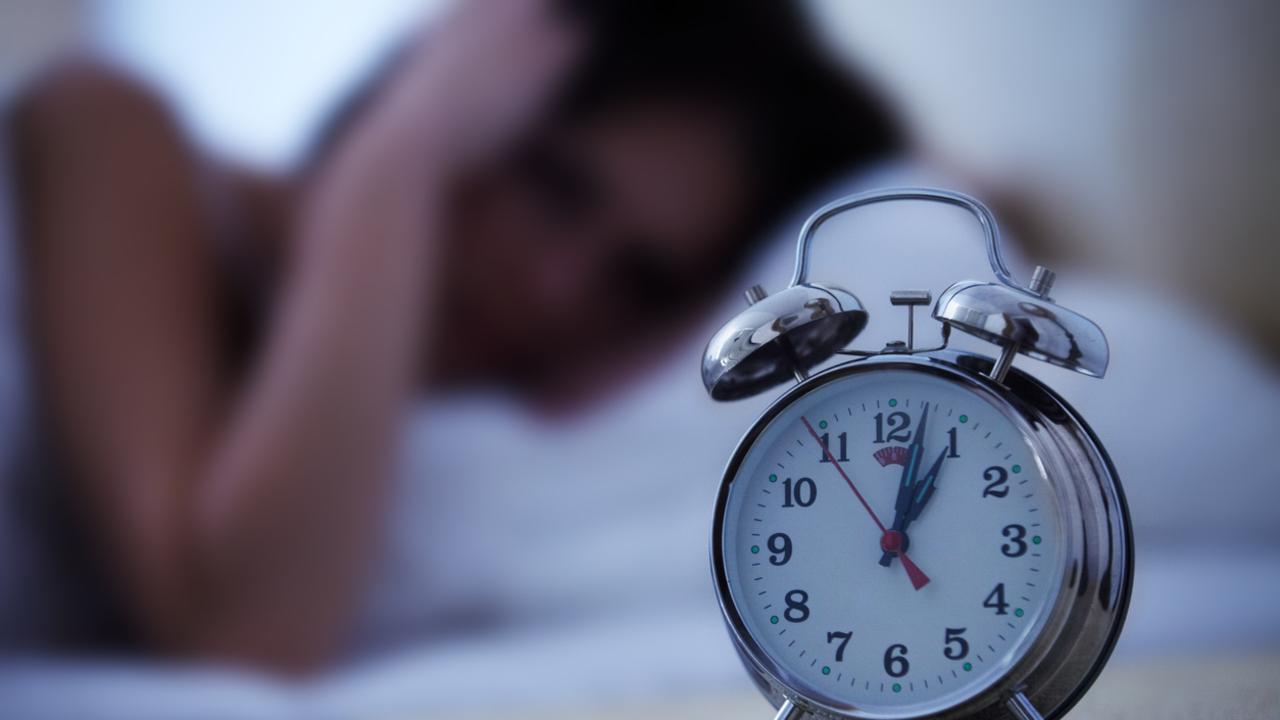
What to know about your internal clock
Waking up in the middle of the night can be a result of your body’s internal clock not lining up with your sleep schedule, said Luo.
“Our sleep is governed by two key factors — early in the night, it’s the build-up of sleep pressure, our body’s need for rest, that helps us both fall and stay asleep,” the expert said.
“Later in the night, our internal clock, known as circadian signalling, plays a crucial role in maintaining sleep.”
In an ideal scenario, these two factors will work together to keep you asleep, Luo said.
“But if sleep pressure fades before the circadian signal fully kicks in, it might lead to waking up at night,” she said.
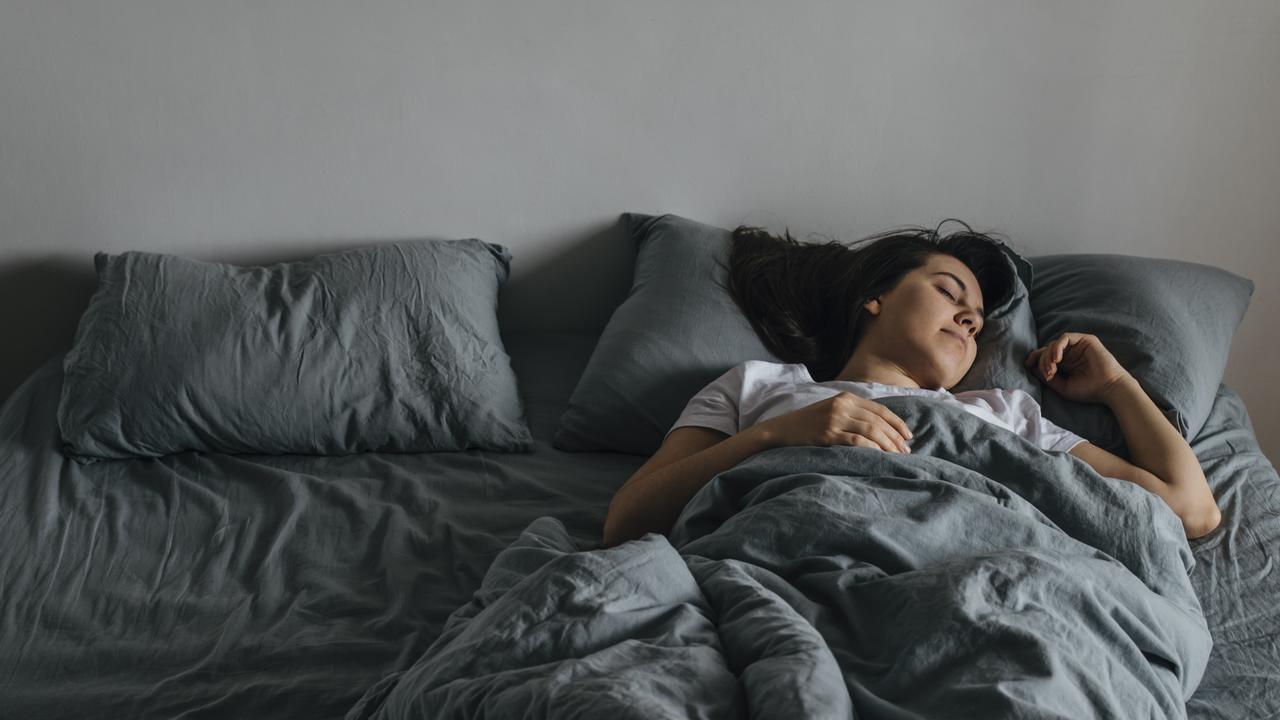
More Coverage
“If you’re unsure why you’re waking up during the night, you may look into adjusting your internal clock to see if it helps reduce these interruptions.”
Some ways to adjust your circadian rhythm include waking up at the same time each day, using timed exposure to bright light, changing meal times, taking melatonin supplements, exercising at different times of day and consuming moderate amounts of caffeine in the morning, according to the Sleep Foundation.
This article originally appeared on Fox News and was reproduced with permission.





